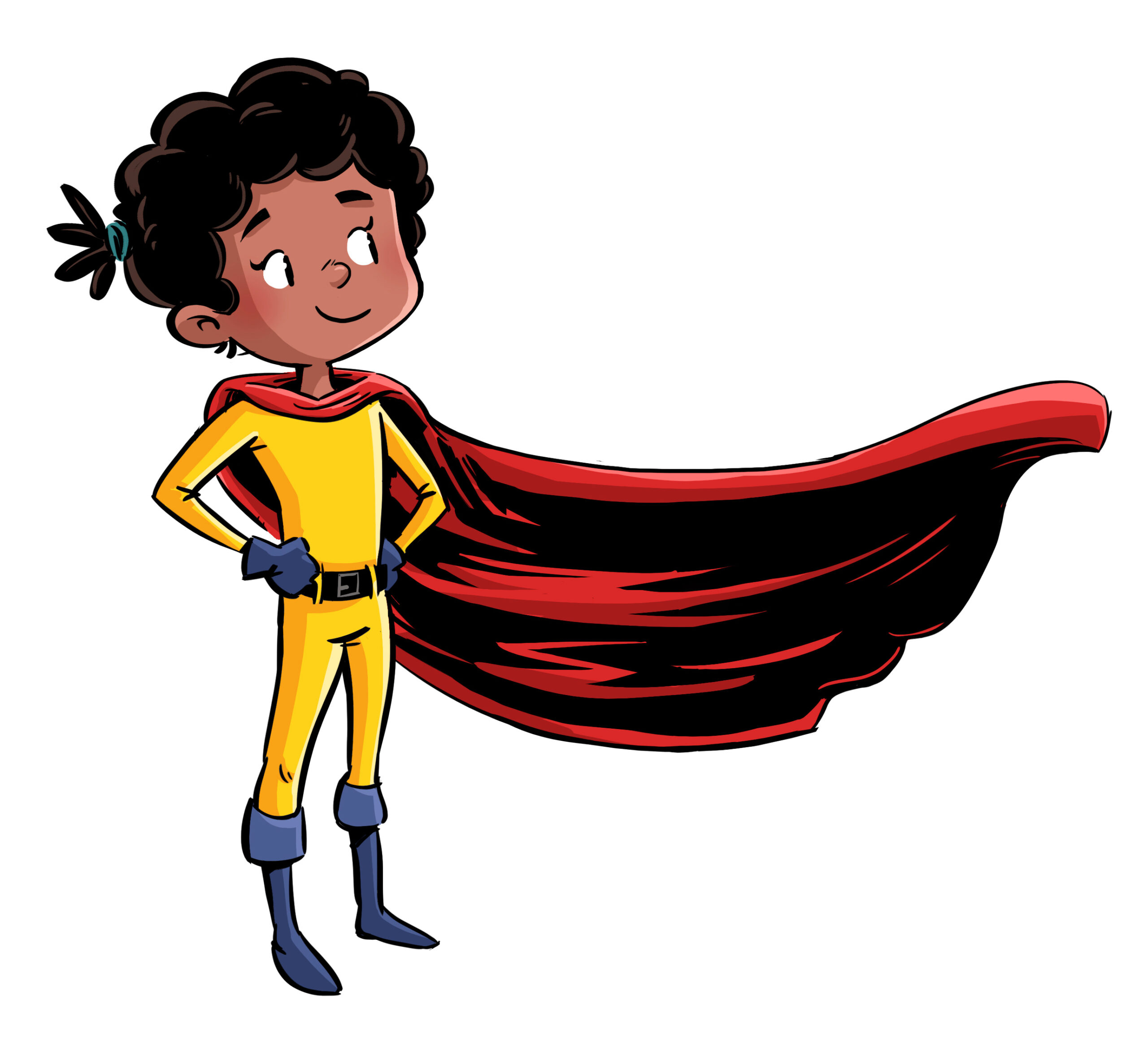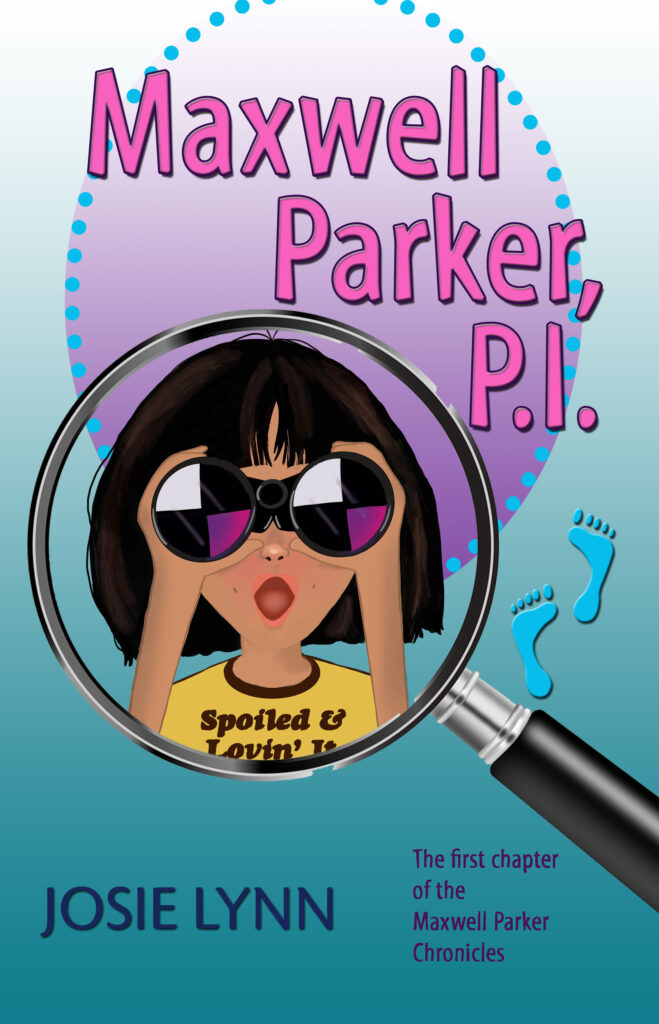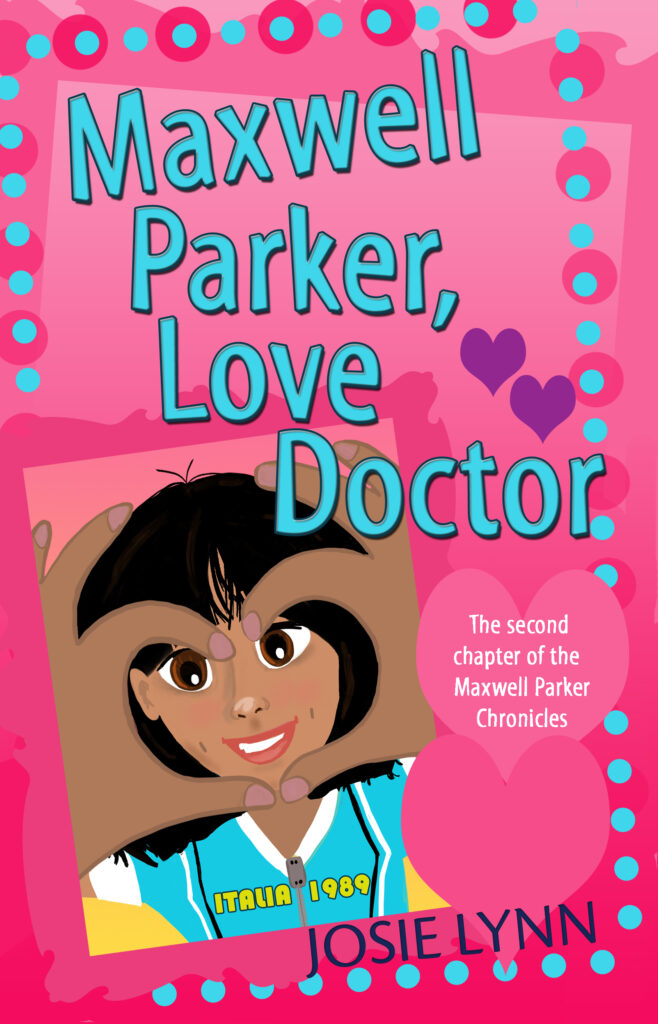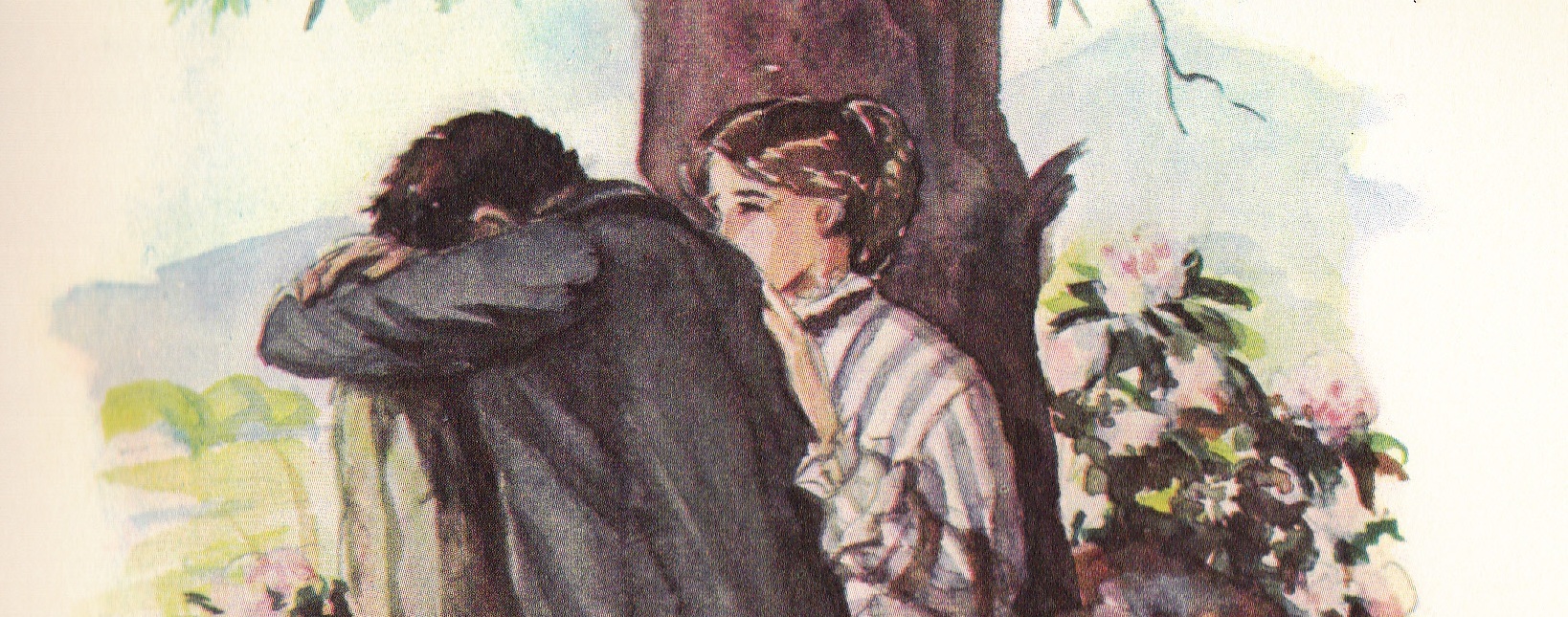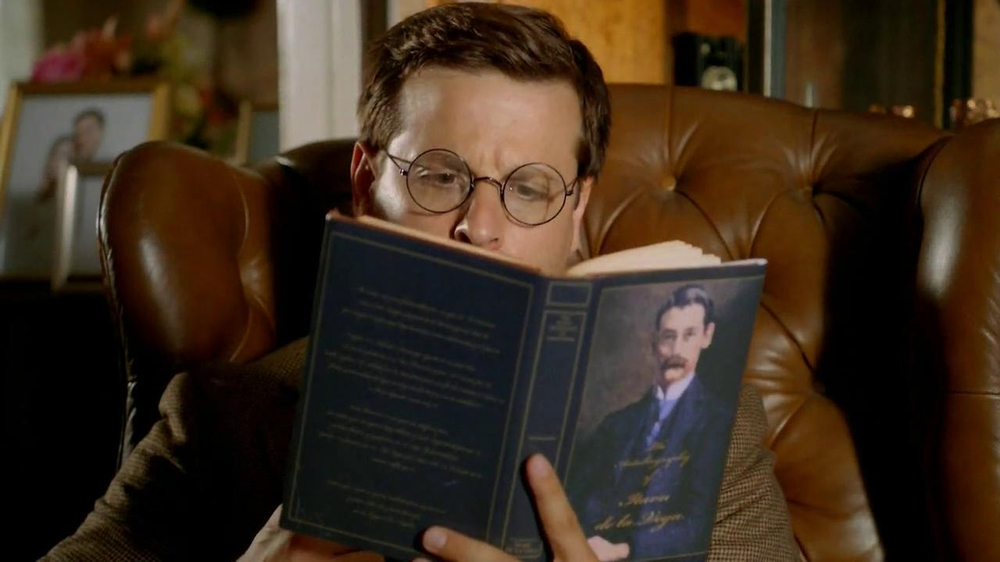I was at the mall recently and was dismayed to see that capes are in again this fall/winter. (Perhaps they were ponchos, but for the sake of my point, I’m calling them capes.) Maybe ponchos/capes have never been out, because I seem to remember having this reaction every year. Whatever the case, they were on display everywhere, and I assume people were buying them.
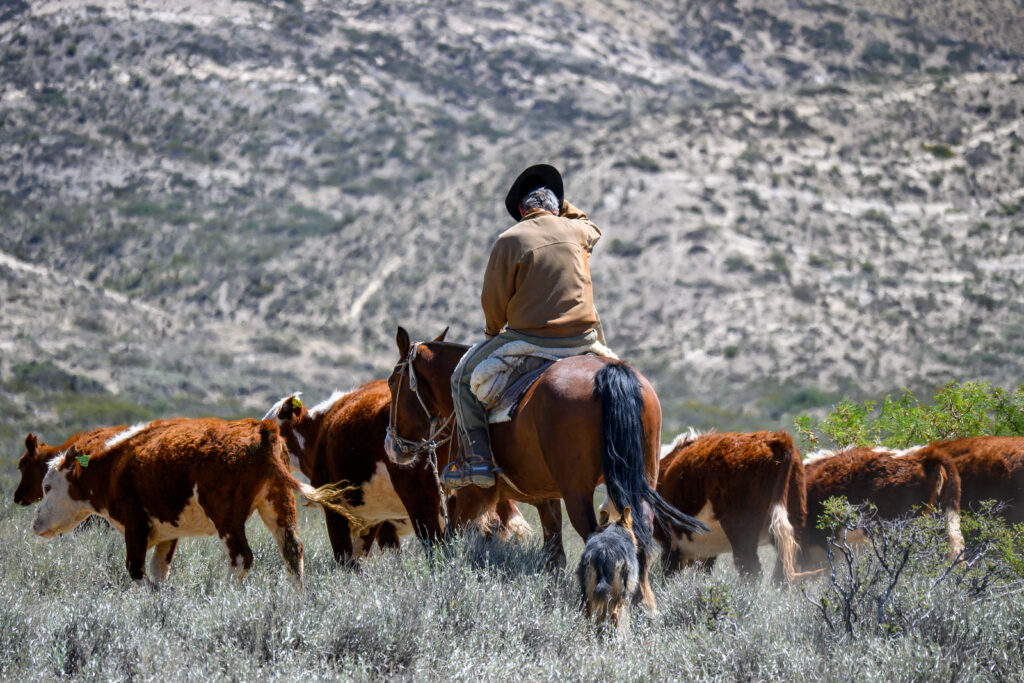
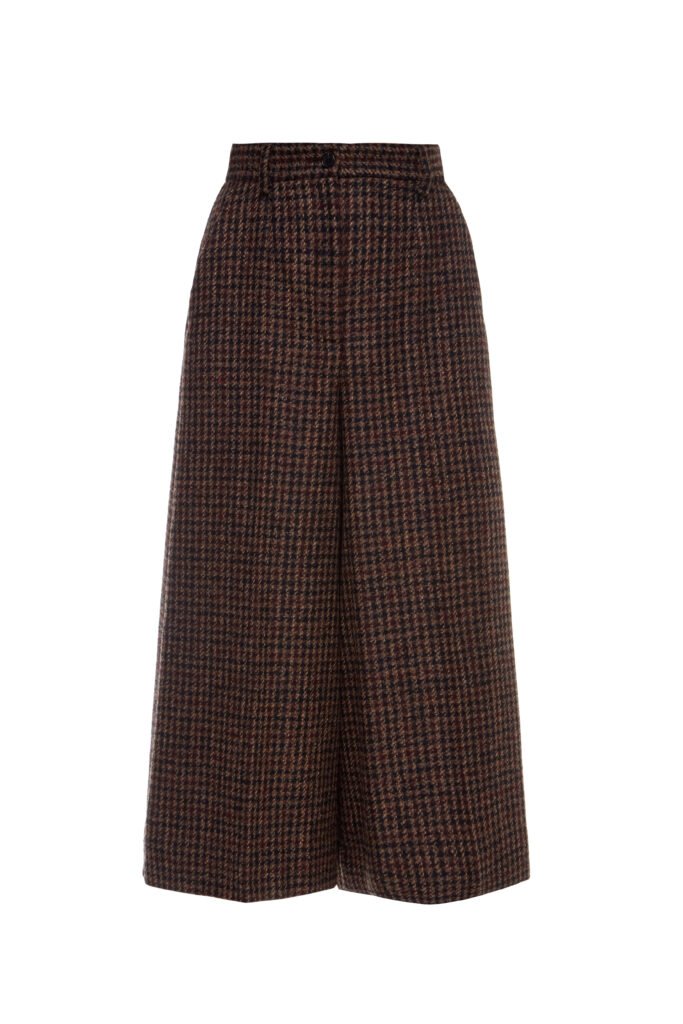
I kind of feel like capes are the gauchos of outerwear (gauchos, as in the half-pants, half-skirt fashion concoction that designers occasionally try to foist on unsuspecting female consumers, not gauchos as in the people…obviously).
No offense, but I firmly believe that there is no good reason to ever wear a pair gauchos, unless you’ve taken a time machine back to the 1970s. (Excuse me, Three’s Company is calling…Janet and Chrissy want their gauchos back.)
Back in first grade, when used to spend recess twirling on the twirling bars, gaucho-like clothes made sense. If we happend to wear a dress to school and forgot to wear shorts under our dress, our underwear would show as we twirled. This very inconvenient problem could easily have been solved with a pair of gauchos, or culotes, or a skort. When we were little kids, clothes that could pull double-duty were useful and felt cool.
In my opinion, a cape is another such (vain) attempt to be two things at once. It seems to be trying, for some odd reason, to be a blanket and a coat at the same time. Remember the Snuggie, the blanket with sleeves? Good idea, bad idea? You be the judge.
I remember that capes were the rage one season when I was a kid. Then they came back years ago when I was an adult and, in a mad moment of nostalgia, I bought two of them. The first one was a black knitted cape. I didn’t like it, so I wore it once and gave it away. Then, noticing that capes were still in (or so said all of the morning talk shows) I folded and bought a second cape. I wore it more than once, but I always felt deep down inside, that I looked like someone people might be tempted to call “The Blanket Lady.”
That’s when I realized that the only time wearing a cape would make sense for me would be if I were a superhero, specifically Superman or Batman, because they wear capes and they don’t look ridiculous. Their capes have meaning (they signal to the world that they are on a mission), a purpose (they somehow help them stay airborne), and trail dramatically behind them as they sore through the sky in a heroic attempt to save humanity (in other words, they look cool). This is fine and good for the likes of Superman and Batman, but a whole slew of superheroes manage to accomplish the same thing sans cape: nurses, teachers, first responders, people who rescue animals in distress, and many of the Avengers.

Cape or No Cape? That is the question.
In the illustrations below, notice a few salient points.
- He is not Superman or Batman.
- He is wearing a cape.
- He looks silly.
- She is not Superman or Batman.
- She is not wearing a cape.
- She does not look silly.


In my book, Maxwell Parker, Love Doctor, Maxwell gets schooled by her new friend, Drew, on why her fashion choice may not be the best idea.
“Okay,” Drew was saying as they stood at the entrance to one of the department stores, “I’m desperately trying to understand the concept. So, they’re not shorts, it’s not a skirt. It’s a skort?”
“Yes. It’s like a wraparound skirt teamed up with a pair of shorts,” Maxwell tried to explain. They were going through a checklist of clothing items that Maxwell had drawn up, line by line.
“And why is that a good idea?”
“Well, I don’t like pants. At all. So I mostly wear shorts. But sometimes shorts just aren’t enough. Sometimes they’re too casual,” Maxwell tried to explain. “I figure a skort is a happy medium.”
“Between what?”
“Casual and not-so-casual.”
“They’re sort of like those plastic eating utensils they give you at fast food joints that are not quite spoons, not quite forks. I never could understand how those were useful, and I’m still not convinced a skort is a great wardrobe choice. Do you have a lot of these…skorts?”
“In addition to this,” Maxwell said, tugging at the denim skort she was wearing, “I have two more. Lately, they’re all I’ve been wearing.”
“And you’d like to buy some more?”
“Well, yes. But I haven’t seen any in any of the stores we’ve been to so far.”
“Hum,” Drew said. “You know, there may be a reason for that…”
So now I’m curious…what are your feelings about hybrid clothing like gauchos, capes, and/or ponchos?

